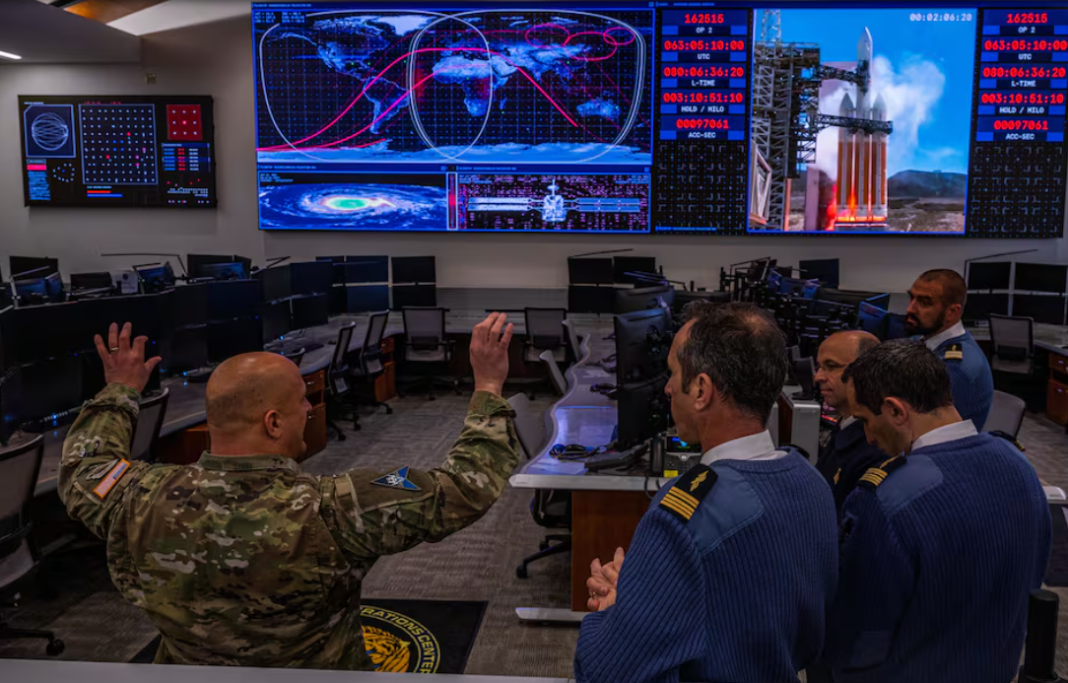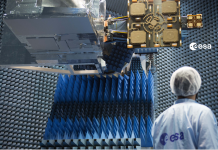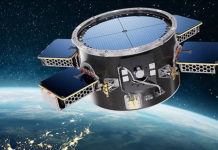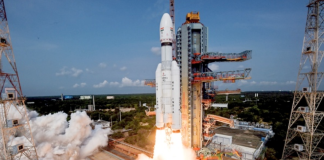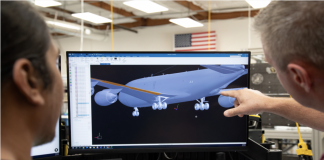The US Space Force added five companies to its Commercial Integration Cell in October and plans to bring on two more in the coming months.
The cell provides a venue for real-time technology exchange between U.S. Space Command and commercial space firms. With the new and anticipated membership additions, the number of companies will grow from 10 to 17.
The onboarded firms include BlackSky, Kratos, LeoLabs, ICEYE and Telesat, a spokeswoman told Defense News. Hawkeye 360 and Exoanalytic have agreed to join the cell but are not yet official members.
Lt. Gen. Douglas Schiess, who serves as commander of both U.S. Space Forces-Space and the Combined Joint Force Space Component, said Wednesday that the expansion of the Commercial Integration Cell is part of a growing emphasis on private sector partnerships.
“We are continually trying to up our game in the commercial world,” he said during a Mitchell Institute webinar.
The Commercial Integration Cell was established as a pilot program in 2015 to help space operators identify, diagnose, and resolve satellite anomalies in orbit and contribute to a push for more resilient space capabilities. When Russia conducted a cyber operation against a commercial space company at the onset of its invasion of Ukraine in 2022, a firm in the cell provided real-time data to the Space Force and other companies to help them protect other assets.
Members of the cell have contractual agreements that give them insight into Space Force operational needs and provide data, imagery or other capabilities in response. The new firms will provide additional services, like intelligence, surveillance and reconnaissance and space domain awareness tools.
The integration cell participates in various exercises and experiments and informs operational tactics, techniques, and procedures.
Schiess noted that the Space Force is interested in growing the cell, but for now, is limited by manpower constraints.
“I don’t see a limit on the ability to bring on companies, it’s just how do we manage that,” he said.

